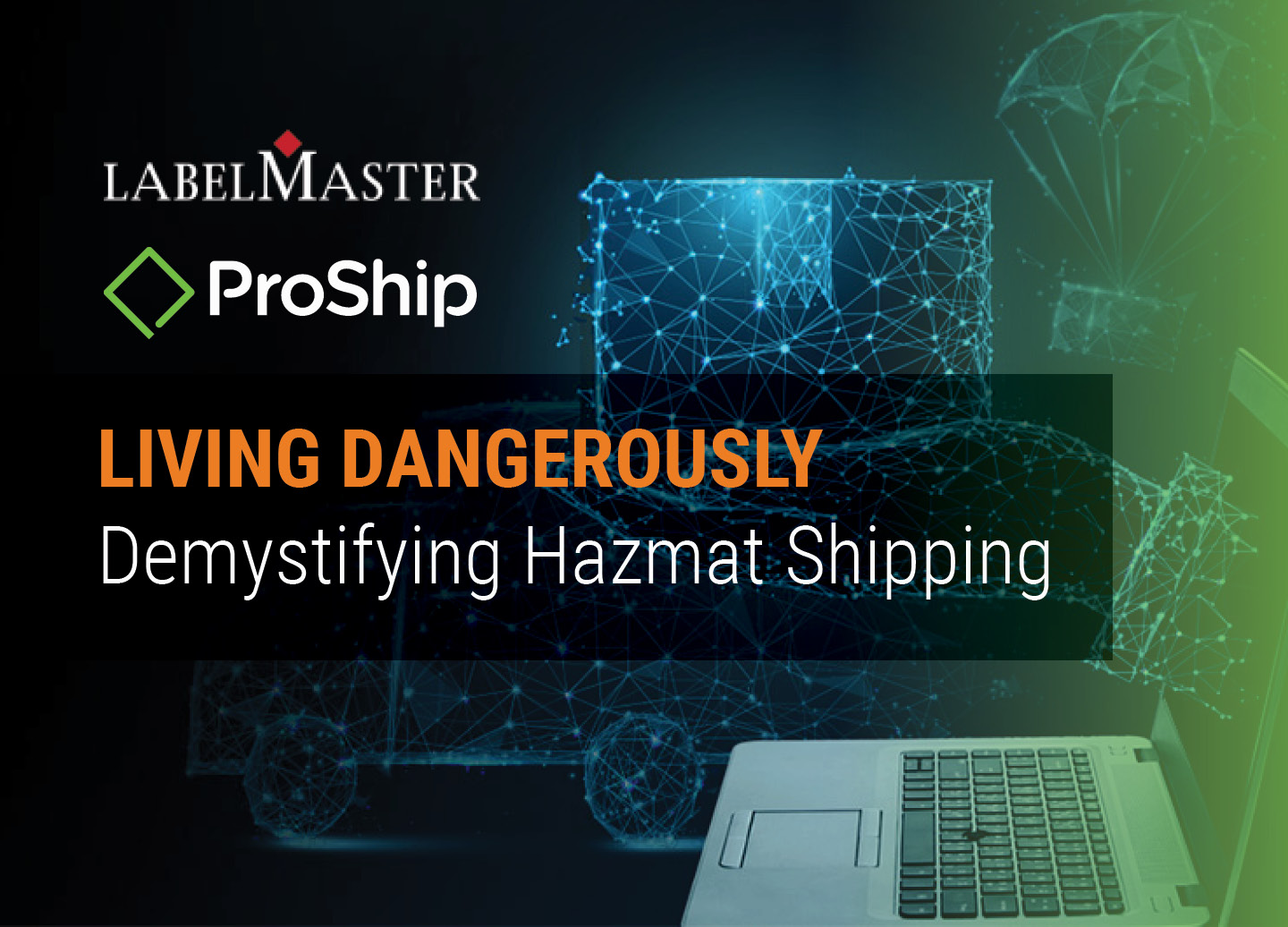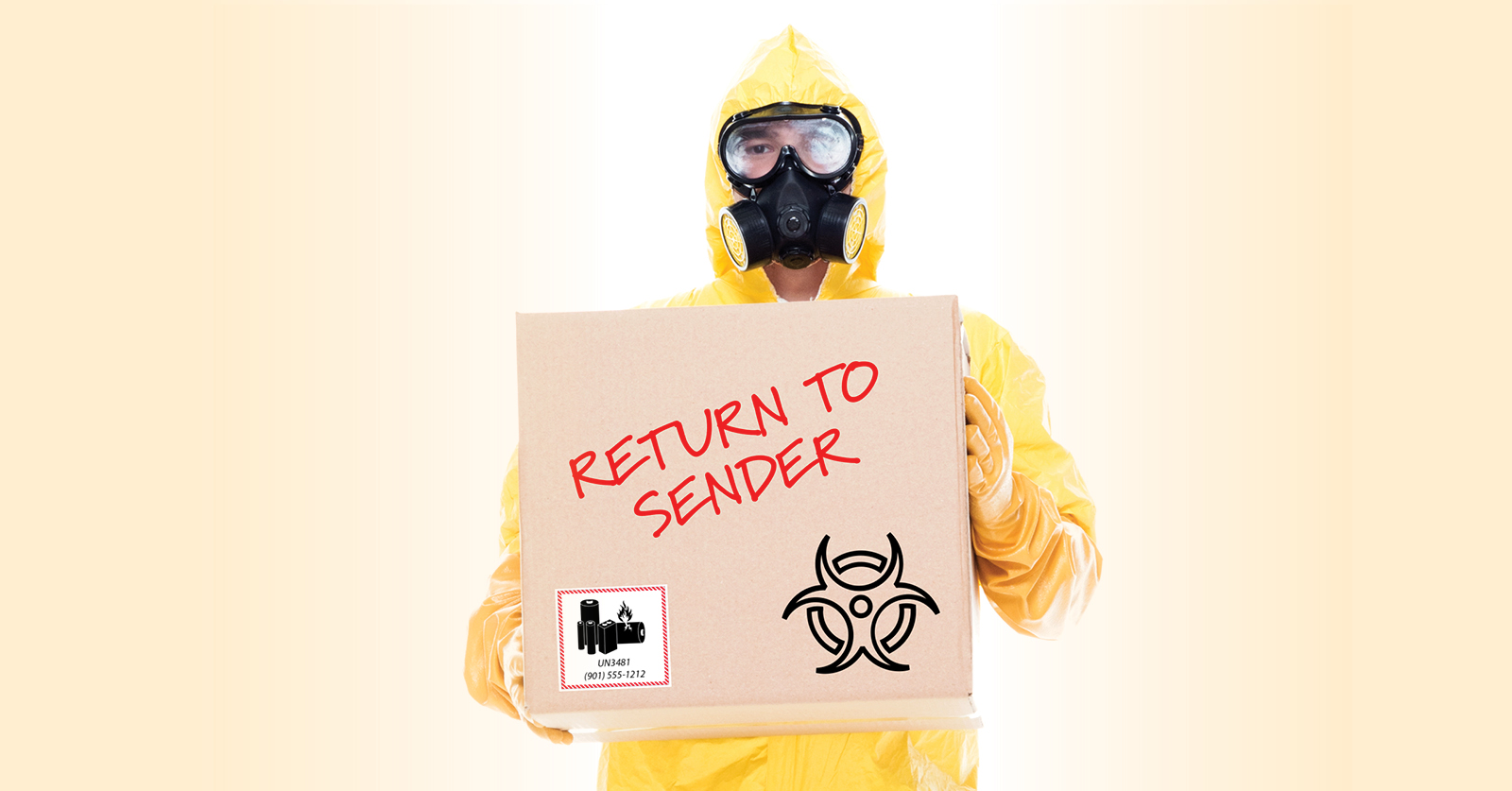Over half of hazmat professionals wish their companies would understand how Dangerous Goods management could be a differentiator
Dangerous Goods compliance and competitive advantage have almost never been used in the same sentence. Many companies view compliance as a cost of doing business and stick with meeting the requirements to adhere to safety guidelines and avoid delays or other penalties. But what if we told you that Dangerous Goods compliance is evolving, and shippers are starting to see how compliance can actually boost business?
In Labelmaster’s Global Dangerous Goods Confidence Outlook, over half of hazmat professionals surveyed wished their companies would understand how Dangerous Goods management could be a differentiator. However, the results showed that less than a quarter of companies actually view compliance as a competitive advantage. The other 75 percent either adhere to the minimum requirements when it comes to compliance (28 percent of companies surveyed) or go beyond the requirements because they care about the safety of the industry (49 percent of companies surveyed).
While these groups all follow Dangerous Goods compliance, the small group that sees it as a step to becoming an industry leader (and is working to get there) is receiving far greater benefits.
- Ninety-one percent of companies that see compliance as a differentiator always stay current on the latest Dangerous Goods regulations. This means this group is avoiding penalties and delays much more than those who are slacking on the rules.
- Companies that go above and beyond when it comes to compliance claim it is less time-consuming than other companies. While compliance can take time, this group understands that time can equate to money as complete compliance offers less fees and more satisfied customers.
- In order to treat compliance as a competitive advantage, you need to invest in the training of it. Eighty-seven percent of companies using Dangerous Goods compliance as a differentiator prioritize Dangerous Goods training. Better trained associates can help uncover compliance inefficiencies and improve it.
- Nearly half of companies that focus on compliance as a competitive advantage use Dangerous Goods-specific software. This is much more than companies who don’t view compliance as a priority. Companies that utilize software find compliance is less time consuming and is better able to stay current on the regulations.
So how do you become a compliance master?
Start the conversation with your company’s executives by quantitatively demonstrating your company’s total value of compliance. This includes:
- The costs of maintaining compliance throughout the supply chain
- The costs of non-compliance such as penalties, carrier refusals and delays, fines, remediation and higher insurance costs
- The opportunities created by higher-level compliance, such as implementing new products that are aligned with regulatory standards from day one
By showcasing how much your company can save and gain from being compliant, you will begin to understand the many benefits of using compliance as a differentiator as you boost business and stand out from the crowd.
A version of this blog was originally written and published by Labelmaster in November 2018. To view the original, please go here.
You may also like…

 Back to Blog
Back to Blog






